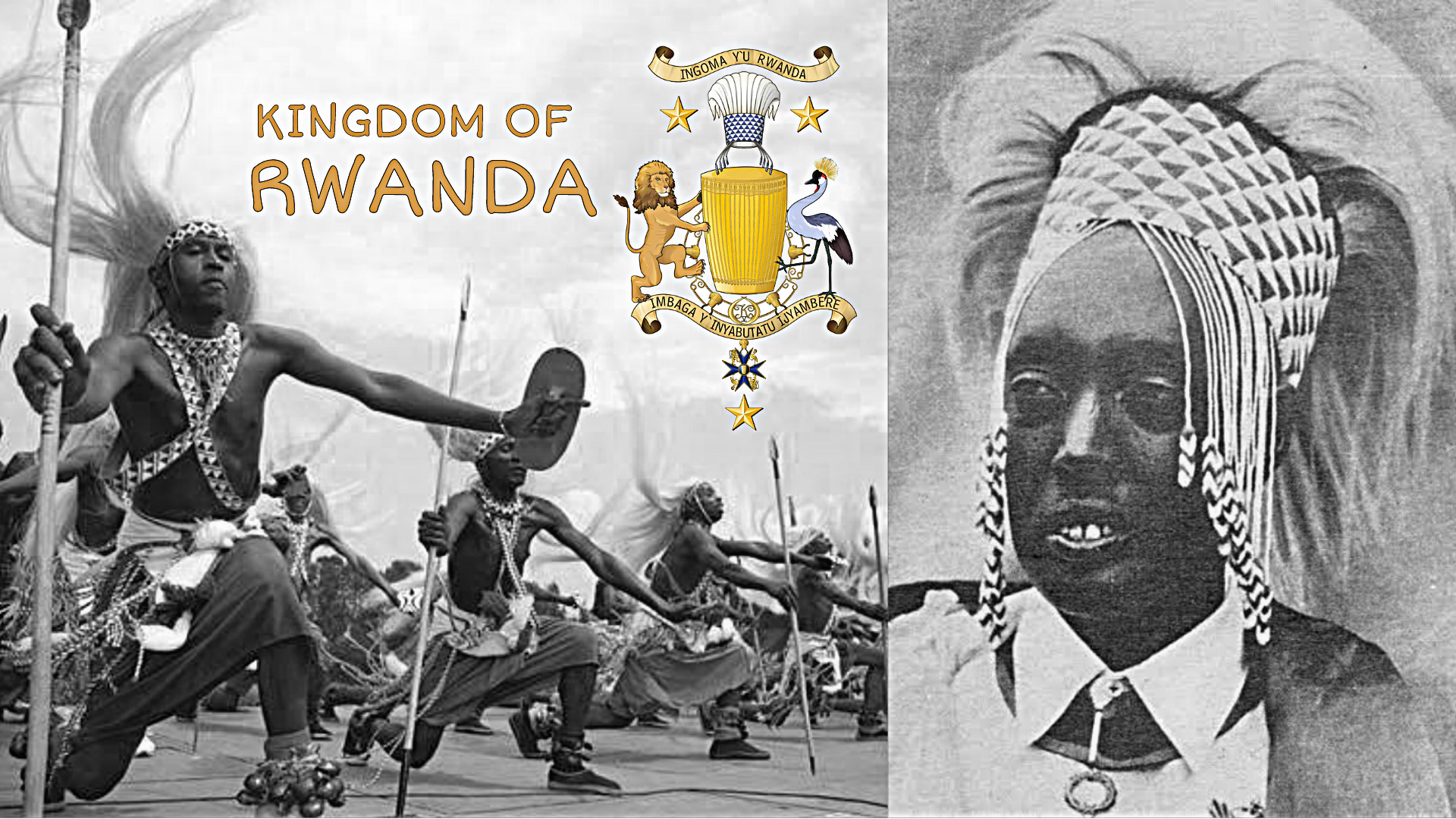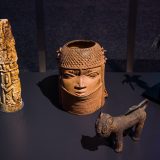The Kingdom of Rwanda was a pre-colonial Bantu kingdom in East Africa that survived under German and Belgian colonial rule with some autonomy intact until its monarchy was abolished in the Rwandan Revolution in 1961. Rwanda became a republic after a referendum in 1961 and gained independence in 1962.
A court in exile has been operating abroad since the monarchy was formally abolished. Mwami Yuhi VI is Rwanda’s new titular leader.
Pre-colonization
After the disintegration of the Bunyoro-Kitara Empire (Bachwezi Empire), which ruled over much of what is now Rwanda, one chiefdom managed to annex some of its near neighbor territories, creating the Kingdom of Rwanda in the 15th century.
The Hutu majority, which comprised 82–85 percent of the population, were mostly peasants, while the rulers, known as Mwamis, were mostly Tutsi. There were some Hutus who were nobility, and there was also a lot of intermarriage.
Prior to the nineteenth century, Tutsis were thought to be military chiefs, while Hutus were thought to be healers and farmers. In this ability, the Mwami’s council of advisors (abiiru) was entirely Hutu and wielded considerable power. However, by the mid-18th century, the abiiru had been largely marginalized.
The Queen Mother’s role was critical, as she oversaw the royal household and was heavily involved in court politics.
Mothers would change their names when their sons succeeded to the throne. This will be composed of nyira-, which means “mother of,” followed by the new king’s regal name; only Mutara kings do not observe this convention, with their mothers taking the name Nyiramavugo (mother of good counsel).
As the kings consolidated their power and authority, they divided land among individuals rather than allowing it to be passed down through lineage groups, many of whom were Hutu. The Tutsi made up the majority of the chiefs named by the Mwamis.
Kigeli IV Rwabugiri’s land redistribution between 1860 and 1895 culminated in an enforced patronage scheme in which appointed Tutsi chiefs requested manual labor in exchange for the right of Hutus to occupy their land. This scheme reduced Hutus to serf-like status, with Tutsi chiefs serving as their feudal masters.
Rwanda became an expansionist state under Mwami Rwabugiri. Rwabugiri ignored the ethnic identities of defeated peoples and merely called them all “Hutu.” As a result, the term “Hutu” came to represent a trans-ethnic identity synonymous with subjugation.
While further disenfranchising Hutus socially and politically, this contributed to the belief that “Hutu” and “Tutsi” were socioeconomic, rather than racial, distinctions. In reality, by accumulating wealth and rising through the social hierarchy, one might kwihutura, or “shed Hutuness.”





